Fall Herb Gardening in Alabama Made Simple
By Vikki Moran
There’s something undeniably satisfying about stepping outside, snipping a sprig of fresh basil or rosemary, and tossing it straight into your pot or salad.
For Alabama gardeners and home cooks looking to grow herbs in the fall, this season is the perfect time to start or refresh an herb garden. Alabama’s mild climate offers an extended opportunity for growing herbs like mint, basil, thyme, rosemary, and oregano — right through winter and into spring.
Whether you have a sprawling backyard, a sunny porch ledge, or a few pots near your kitchen door, herbs are surprisingly easy to grow, low-maintenance, and immensely rewarding. With just a little care, mint, basil, tarragon, rosemary, thyme, and oregano can flourish, bringing joy to your family — and delighting friends when you share your harvest in the form of a small bundle or a bottle of homemade infused vinegar or oil.
Why fall is prime time for growing herbs in Alabama
Alabama’s September through November window is perfect for fall herb gardening. Summer’s intense heat gives way to milder days and cool nights, which create ideal soil temperatures for root growth. Many of the pests that bother summer gardens slow down in fall, and rain often helps ease your watering routine. Planting herbs now allows them to establish before frost, giving you fresh snips into winter in many parts of the state.
If you haven’t tried growing herbs before, this is your moment. You will fall in love with the scents alone — there’s nothing like brushing your hand against rosemary or basil and having that fragrance follow you back inside.
Best herbs to grow in Alabama this fall: mint, basil, rosemary, and more
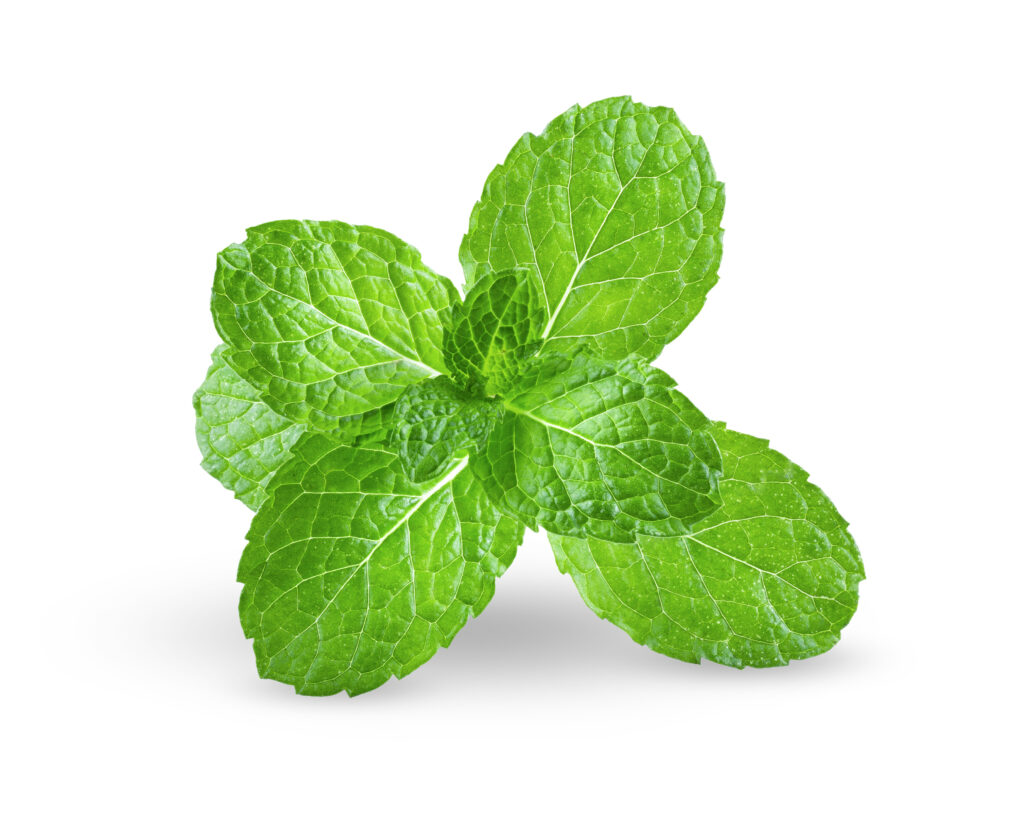
Mint
Mint is a vigorous grower — some might say too vigorous — so it’s best kept in containers to prevent it from taking over. It thrives in partial shade and is a delight in iced teas, fruit salads, desserts, and yes, let’s not forget cocktails! A Hugo Spritzer on a fall evening is even better with a handful of your own mint. Just follow a simple recipe, and don’t be shy about doubling up on the mint for extra freshness.
Oregano
Oregano offers bold Mediterranean flavor for pizzas, sauces, and marinades and is easy to dry for your pantry. It also attracts pollinators with its late-season purple blooms. Try planting a spicy variety for a little heat in your dishes.
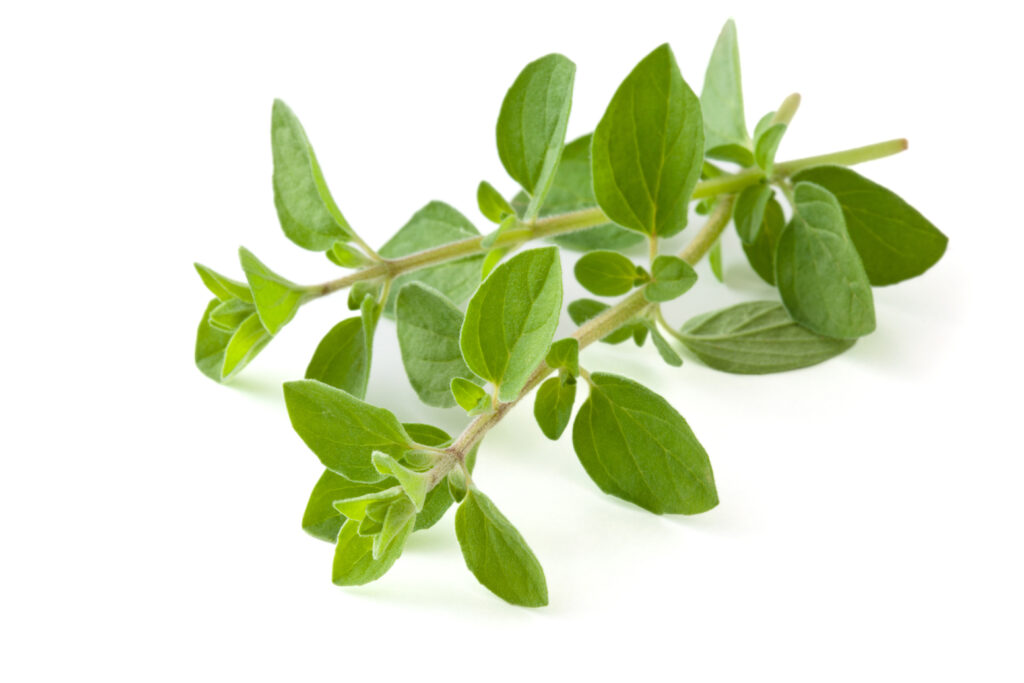
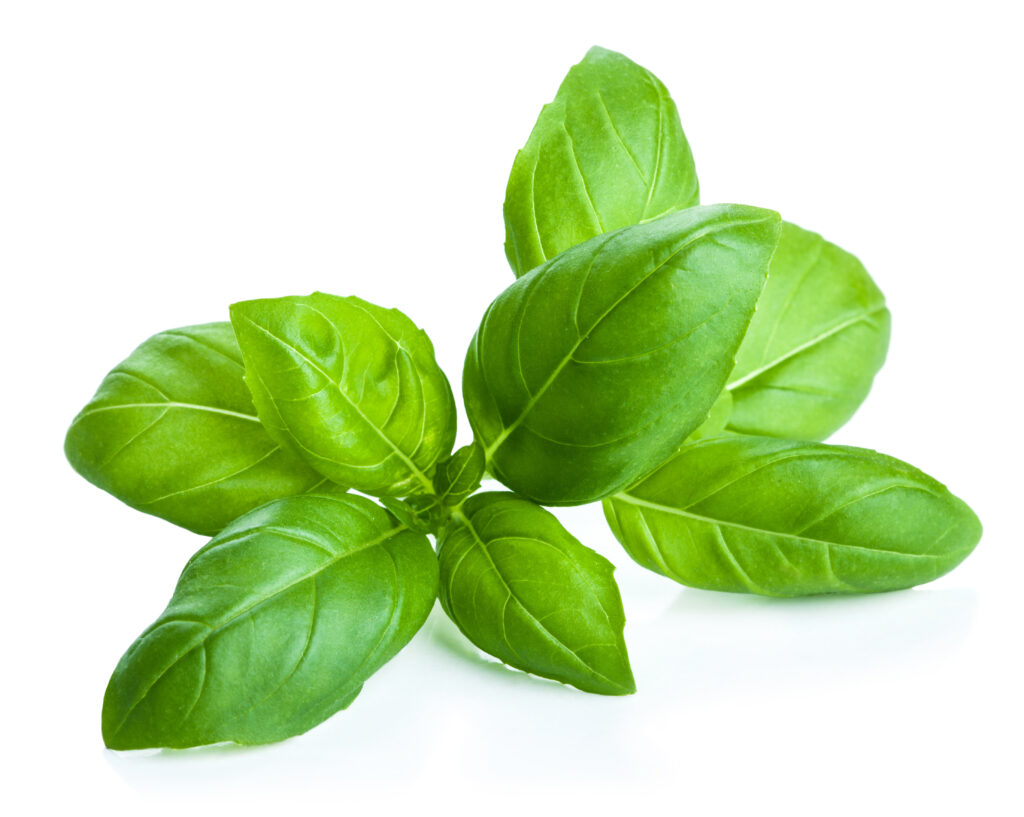
Basil
Basil’s sweet, aromatic flavor makes it a favorite for many, and it still grows well into early fall. Keep pinching the tops to encourage bushier growth and tender leaves. Fresh basil is essential for pesto and pairs beautifully with Alabama’s late-season tomatoes. If you enjoy canning, putting up your own pesto will save you money and bring a burst of Italian flavor to winter soups and sauces. I use my pesto everywhere — drizzled over eggs, stirred into soups, and even whisked into salad dressings.
Tarragon
With its subtle anise-like flavor, tarragon is a favorite in French and Southern kitchens. It prefers well-drained soil and moderate sun and is wonderful in chicken salad, egg dishes and sauces, adding a gentle but distinctive note to your everyday meals.
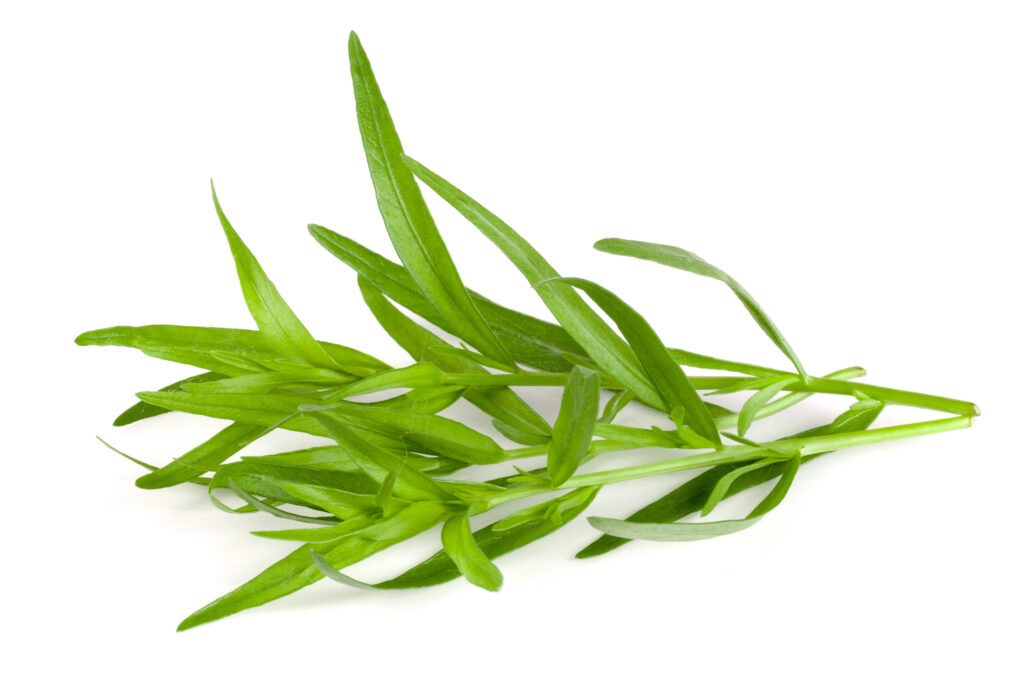
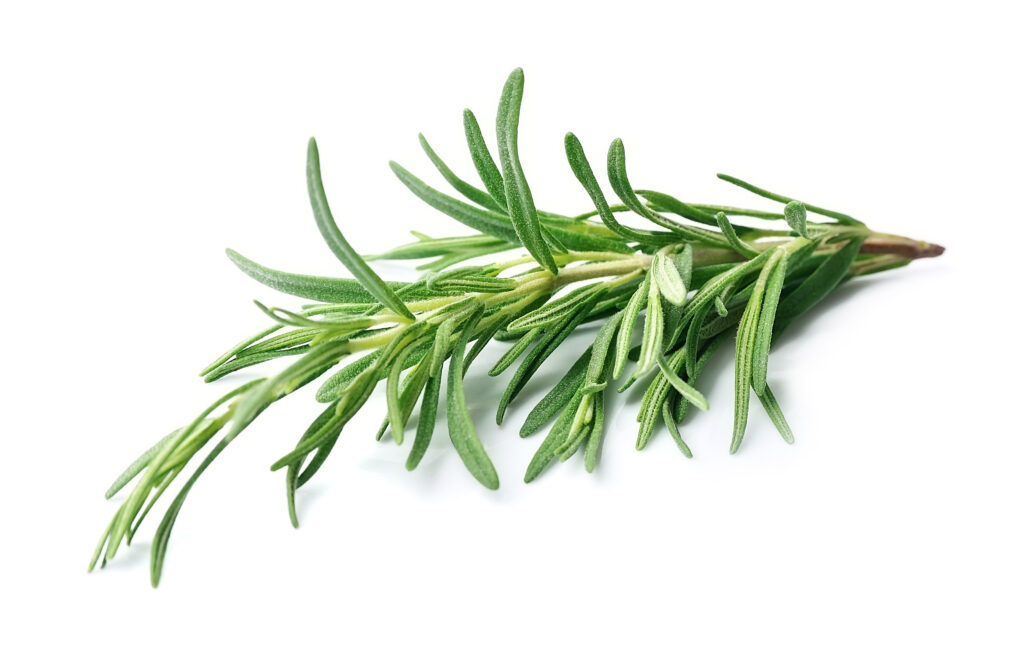
Rosemary
This woody perennial loves full sun and is drought-tolerant, making it perfect for Alabama gardens. Rosemary’s needle-like leaves add depth to roasts, breads, and even cocktails. Italian women traditionally sniff rosemary each day to help their memory, and while I can’t guarantee it works, it certainly brings a moment of calm joy to your day!
Thyme
Thyme’s low-growing, aromatic leaves make it a versatile kitchen staple. Hardy and drought-tolerant, thyme is a workhorse, enhancing poultry, soups, stews, and roasted vegetables throughout the cooler months.
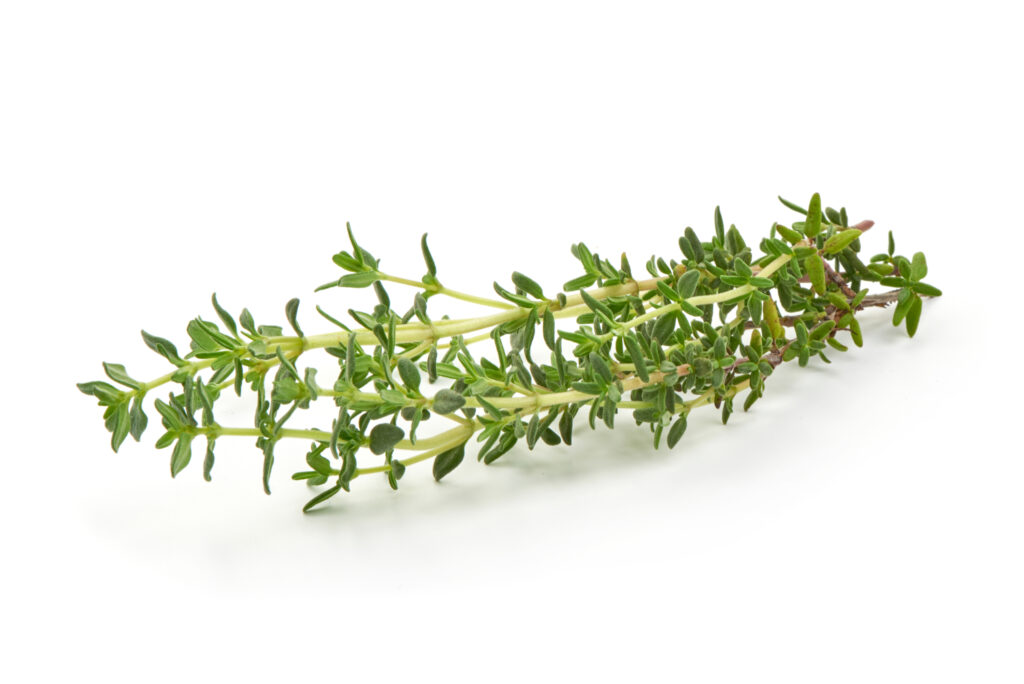
Fall herb gardening tips for Alabama gardeners
Start with healthy soil
Alabama soils can range from sandy to clay-heavy. Amending your garden beds with compost or organic matter improves drainage and nutrients. Raised beds and containers are great for controlling soil conditions, especially for herbs like mint and tarragon that like well-drained roots. You don’t need a fancy compost system — scraps, coffee grounds, and eggshells can enrich your soil beautifully.
Water smart and watch for pests
While fall rains help, herbs still need consistent moisture. Morning watering is best from my experience. Fall reduces pest pressure, but keep an eye out for aphids and caterpillars. A light spray of soapy water can help keep pests away while remaining safe for your edible herbs.
Harvest often
The more you use your herbs, the more they grow. Frequent snipping encourages fuller plants. Removing flowers, especially on basil and thyme, keeps leaves tender and flavorful. Share your extra herbs with neighbors or tuck sprigs into flower arrangements for added fragrance and greenery. Rosemary looks lovely in a vase and lasts a long time. When I use in table arrangements, I always get compliments on the scent.
Extend your season
Many herbs can handle Alabama’s mild winters, especially with a layer of mulch or by moving containers to sunny windowsills or porches. Enclosed outdoor showers can double as a cozy cold-night haven for your herbs. My outdoor shower becomes a winter refuge for herbs and dormant orchids — and yes, I still have room to shower!
A season to savor
No matter your gardening experience, herbs connect you to Alabama’s rich growing season and your kitchen table. They transform everyday meals, turning a pot of soup into something special and a simple salad into a celebration of your garden’s work. This fall, whether you grow a handful of pots or a full raised bed, embrace the joy of growing, harvesting, and cooking with your own fresh herbs.
After all, a little garden enthusiasm goes a long way in feeding the soul — one flavorful snip or pinch at a time.
Sources for Further Reading: The World of Herbs by Leslie Bremness and The Magic of Herbs in Daily Living by Richard Lucas.
How to Preserve Herbs: Homemade Herb Vinegar and Infused Oil Tips
As fall progresses, preserving your herbs will let you enjoy their freshness into the winter months:
Air dry: Bundle hardy herbs like rosemary, thyme, oregano, and sage, and hang upside down in a warm, dry spot until crisp. Store in airtight jars and crumble as needed.
Freeze in ice cubes: Chop herbs like basil, mint, or parsley, place in ice cube trays, cover with water or olive oil, and freeze. Pop cubes into soups, stews, or sauces for an instant
flavor boost.
Herb-infused oils: Warm olive oil gently, bruise your herbs first by rubbing leaves between your fingers to release their oils and aroma, add them to the warm oil, and let steep before straining. Store in the refrigerator and use within three weeks for safety.
Vinegar infusions: Warm cider or white vinegar slightly, bruise fresh herbs to release flavor, and add them to the vinegar. Let steep for a few weeks before straining. These herb-infused vinegars add a bright note to dressings and marinades and, when bottled with a ribbon and handwritten label, make a beautiful gift for neighbors or holiday baskets.
Tip: Always label your jars with the herb type and date. Dried herbs maintain the best flavor for 6–12 months, while oils and vinegars are best used within 3 months.




